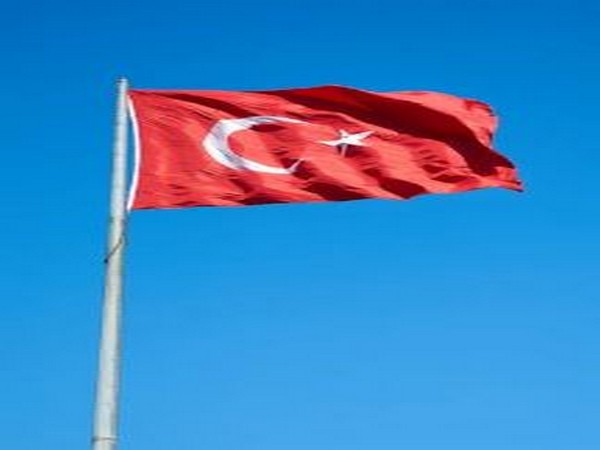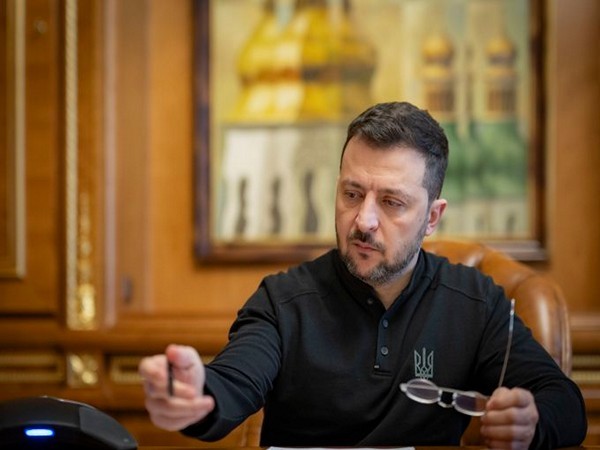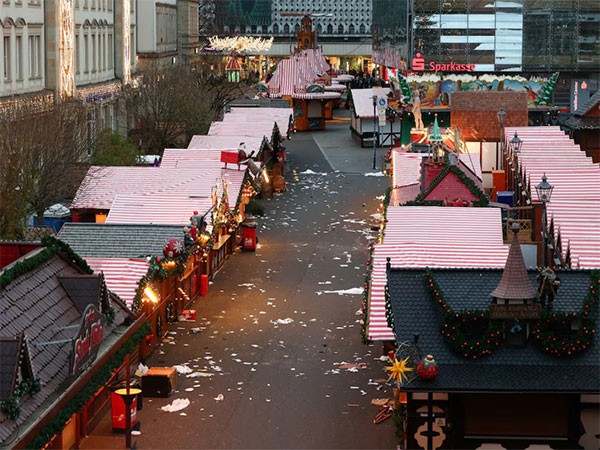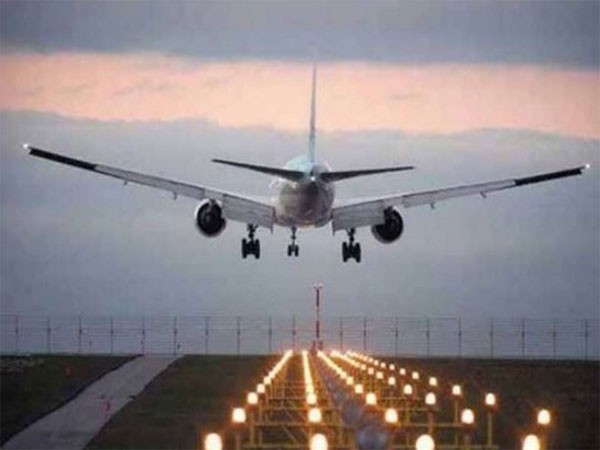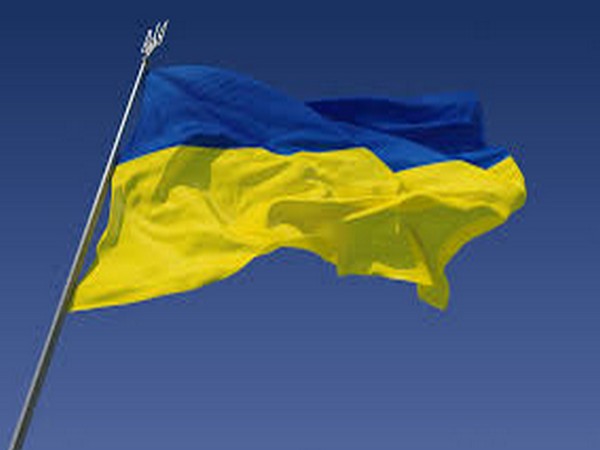
Rebuilding shattered lives after Ukraine's dam collapse
Oct 07, 2023
Kiev [Ukraine], October 7: When Ukraine's Kakhovka dam was blown up in June, it led to devastating floods that destroyed homes and farmland, and left hundreds of thousands without drinking water. Four months on, Ukrainians are still facing water shortages but say they are determined to overcome the destruction.
When SvitlanaKridiner heard about the dam collapse, she knew it was only a matter of time before her village would be flooded. In the end it took two days for the water to reach her. It arrived at around 17:00 on 8 June.
The 52-year-old farmer and her husband Vasyl had devoted their lives to their herd of two dozen cows, which they had raised from calves, and did everything they could to save them.
It took just five more hours for the water to engulf their whole farm. Their village, Afanasiivka, is 70km (45 miles) north of the dam and there are signs of damage everywhere.
Svitlana shows us water marks inside a barn, close to the ceiling, and explains that most of the hay she and her husband had prepared to feed their cows over the winter was destroyed. So was their other animal feed.
On top of this, Svitlana's village is near the front line, and like many of the flood-hit areas is contaminated with ammunition. She shows us a rocket, stuck in the ground in one of her hay meadows. "My husband has to mow around it," she says.
The Ukrainian government is offering her compensation for the flood damage, although she says the 5,000 Ukrainian hryvnia offered, equivalent to $135 or £110, is nowhere near enough to repair everything.
Somehow, she's not disheartened. "Maybe we will take out another loan, we will mow some hay for the cows or buy some more. We will make it, rest assured."
Her optimism is shared by another farmer we meet, VadymSheremet, who shows us round the ruins of his home in the village of Pavlo-Marianivka, 10km (six miles) away.
The water reached the roof of his house and destroyed his crops. Before the flood he grew wheat, barley and sunflowers. And this isn't the first time he has had to start again.
Vadym's village was under Russian occupation for much of 2022. "Last autumn we had 250 hectares of grain, ready to harvest. Russians burnt it all. That was the first blow," he says.
Source: Fijian Broadcasting Corporation



